Plastic Waste: Causes, Impacts, and Solutions
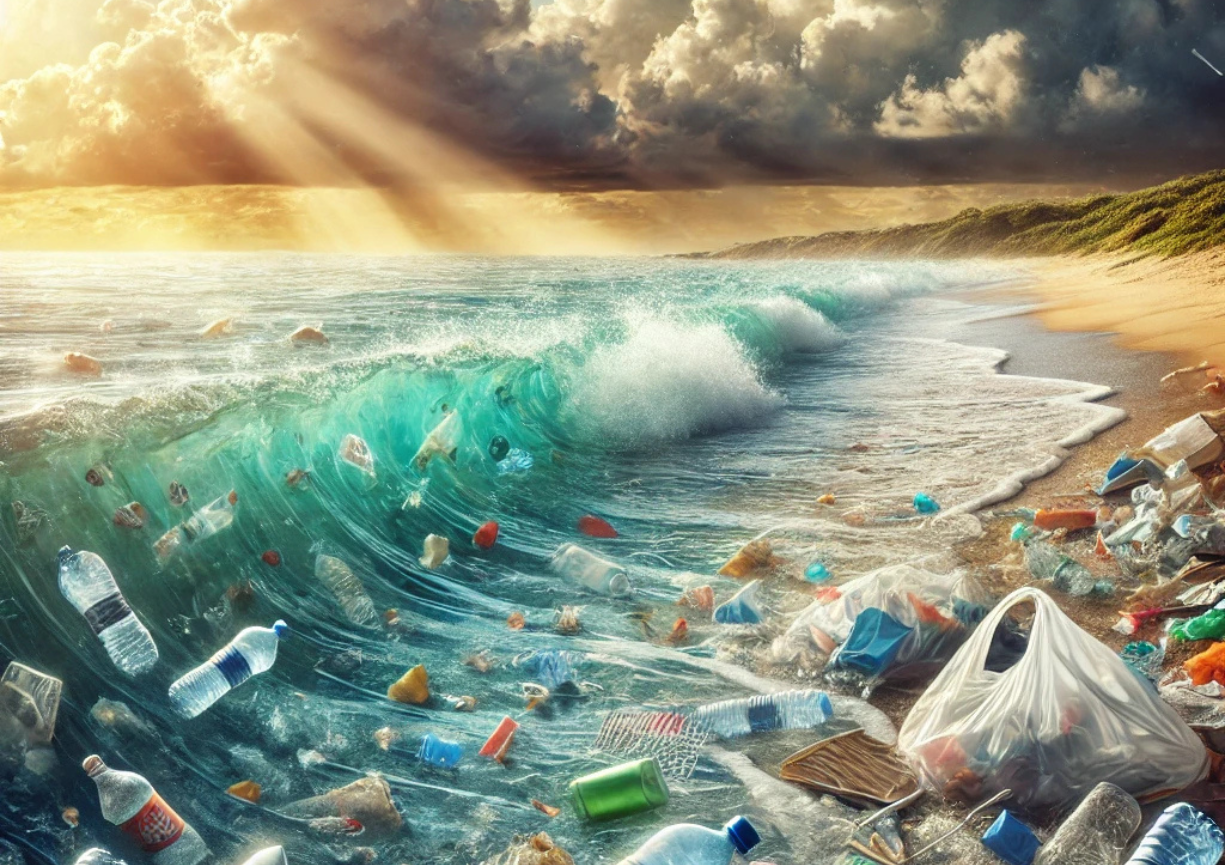
Plastic pollution is a growing crisis threatening environmental and human health. Since the 1950s, plastic has been widely adopted for its durability and low cost, but its environmental impact is severe.
Plastic pollution largely stems from mismanaged waste. Around 80% of marine litter originates from land-based sources, including household waste. Wind and rain disperse plastic into oceans, while natural disasters like floods worsen the problem. Single-use plastics, particularly in tourism, also contribute heavily.
Several global initiatives are addressing plastic waste:
- UN Environment Assembly (2022): Landmark resolution to end plastic pollution.
- European Plastics Strategy (2018): Strategy to increase plastic recycling and limit microplastics in products.
- Corporate Commitments: Companies like Marriott and Hyatt pledge to reduce plastic waste.
Plastic pollution threatens ecosystems and human health. Microplastics enter the food chain, affecting marine life and humans. Microfibers from textiles and plastics in drinking water add to the problem. Plastics contain harmful chemicals, posing risks like endocrine disruption and cancer.
- Supporting Policy Change: Advocate for water protection, infrastructure investment, and waste management improvements.
- Reducing Single-Use Plastics: Switch to reusable alternatives and support regulations that limit single-use plastic.
- Improving Recycling: Promote proper recycling and sustainable waste management practices.
- Engaging in Clean-Up Efforts: Participate in local clean-up initiatives to remove plastic waste.
- Plastic Pollution Coalition: A global alliance working to stop plastic pollution.
- UN Environment Programme (UNEP): Learn about their plastic waste initiatives.
- Break Free From Plastic: A global movement envisioning a future free from plastic pollution.
- Surfrider Foundation: Dedicated to protecting the world’s oceans and beaches.
With collective action, we can reduce plastic pollution and protect the environment and human health. Support sustainable practices and help create a cleaner planet for future generations.
Comments
@admin - I think you might find this website quite interesting, it's a great source of information backed up by a lot of research. Plastic gets a really bad rap (wrap? 😂) when it actually makes up a tiny proportion of material usage. Most ocean plastic has been shown to be from the fishing industry, not consumer products. https://plasticsparadox.com
Granted, there is an issue with end of life, but this topic is a lot more nuanced - without plastic, we are screwed!
Things are changing significantly in the UK on the packaging side. The plastics industry is pushing government to roll out the Simpler Recycling scheme and expect all mono-material flexible packaging to be collected at kerbside in 2027. We wrote a detailed blog about it here: recyclable packaging
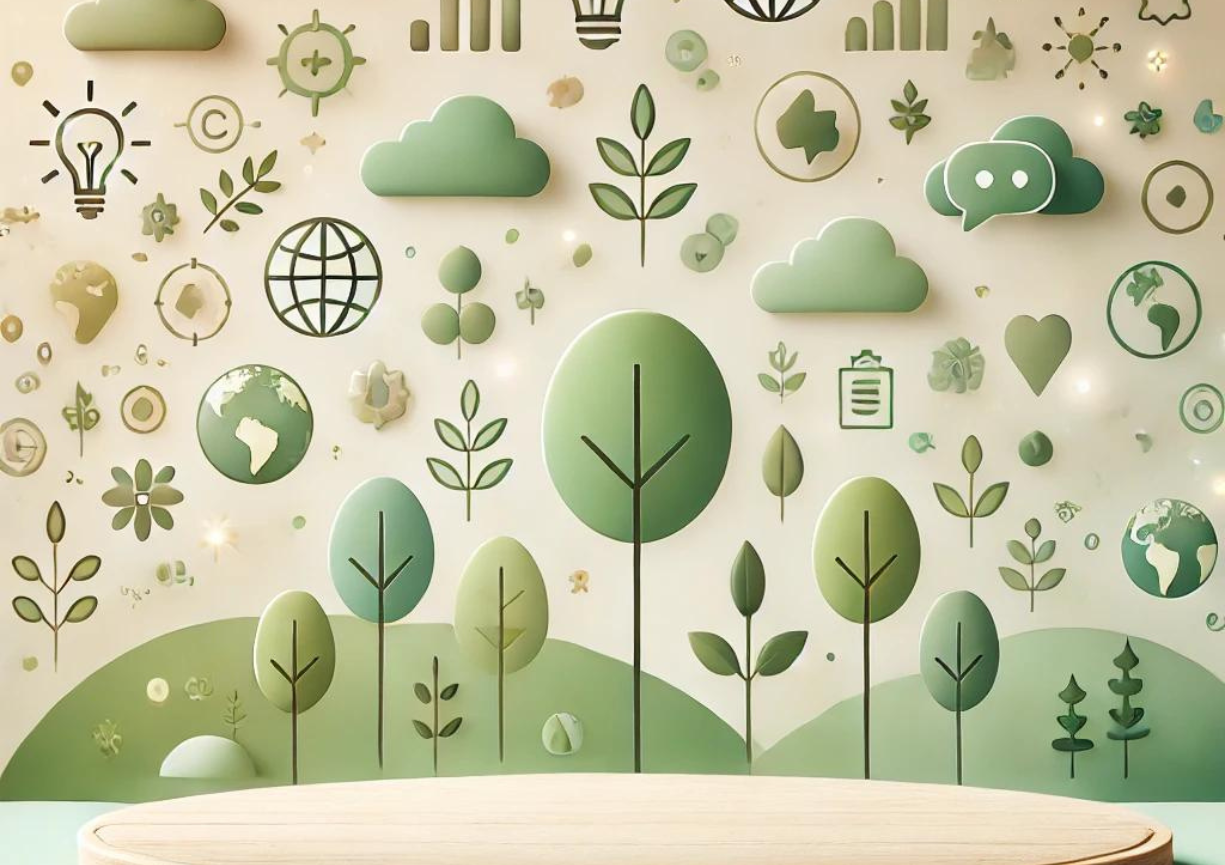
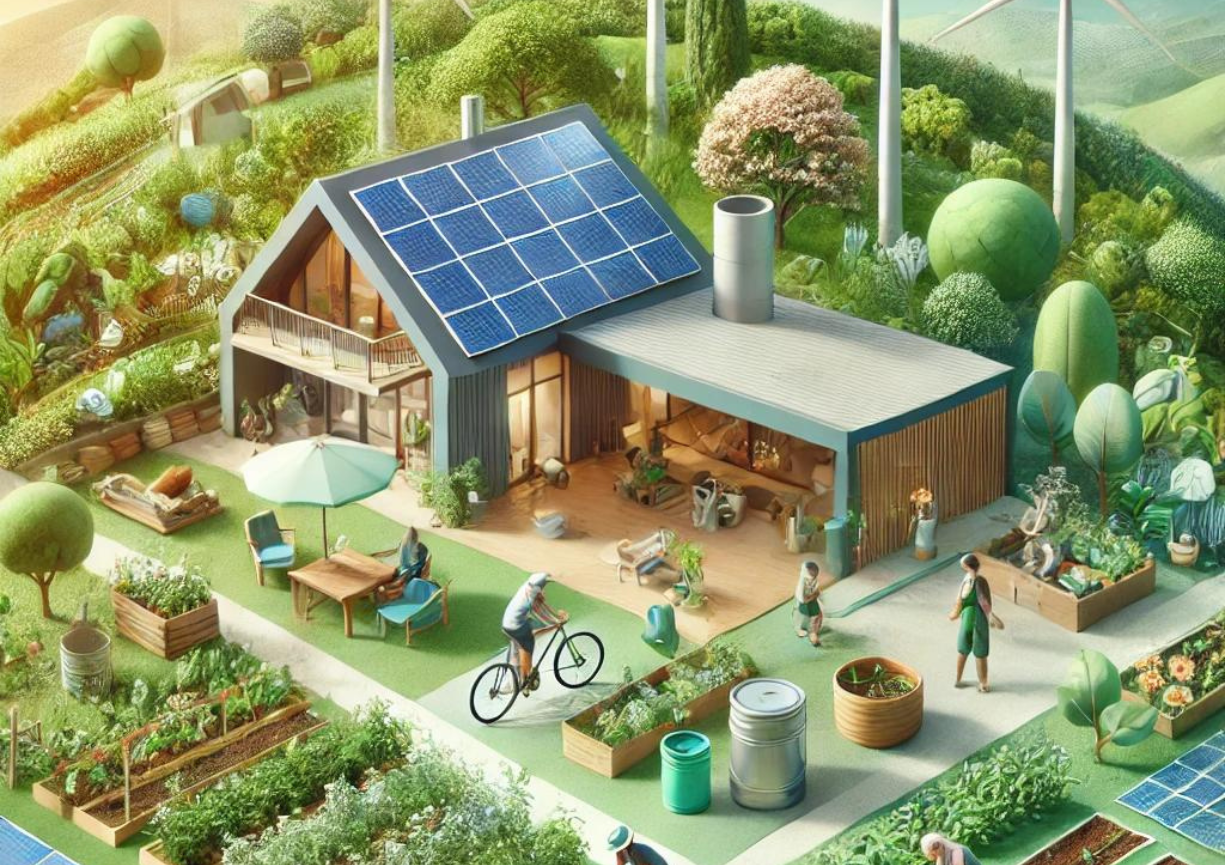
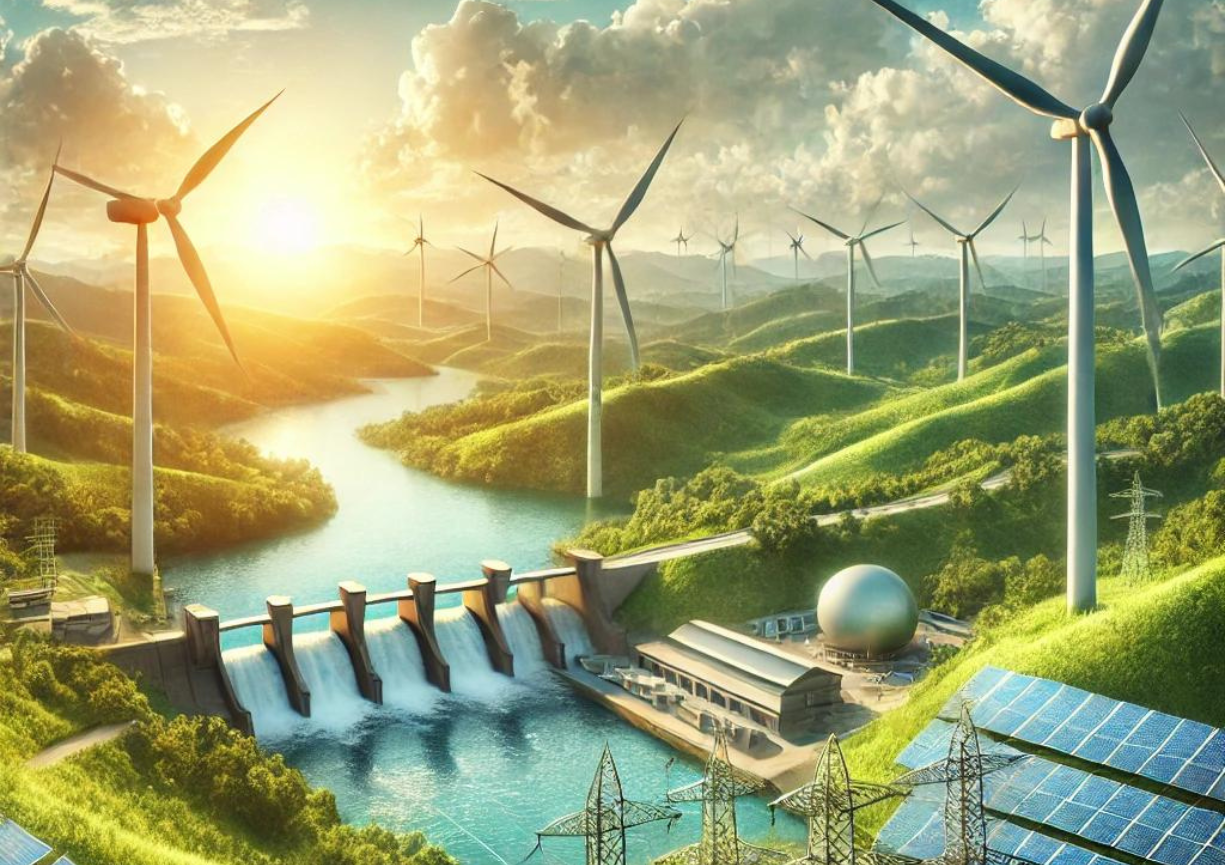
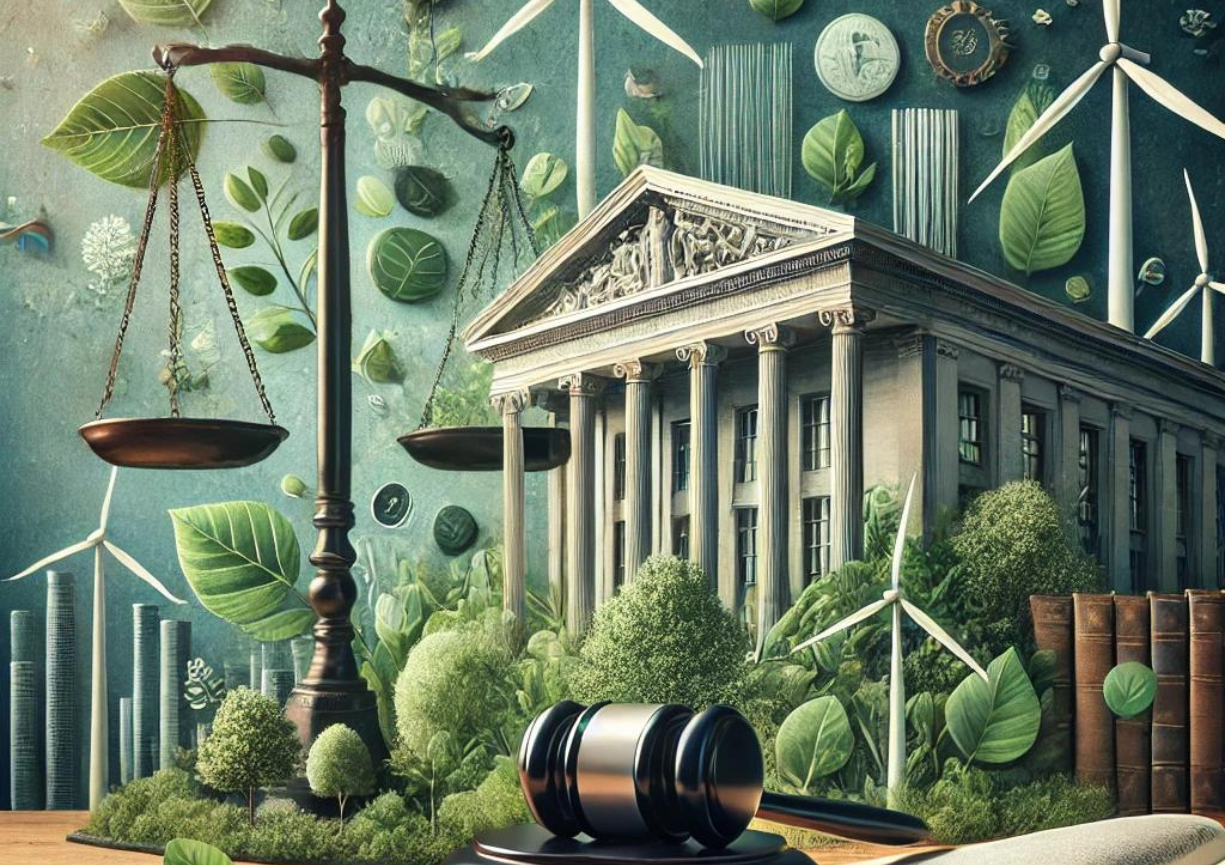
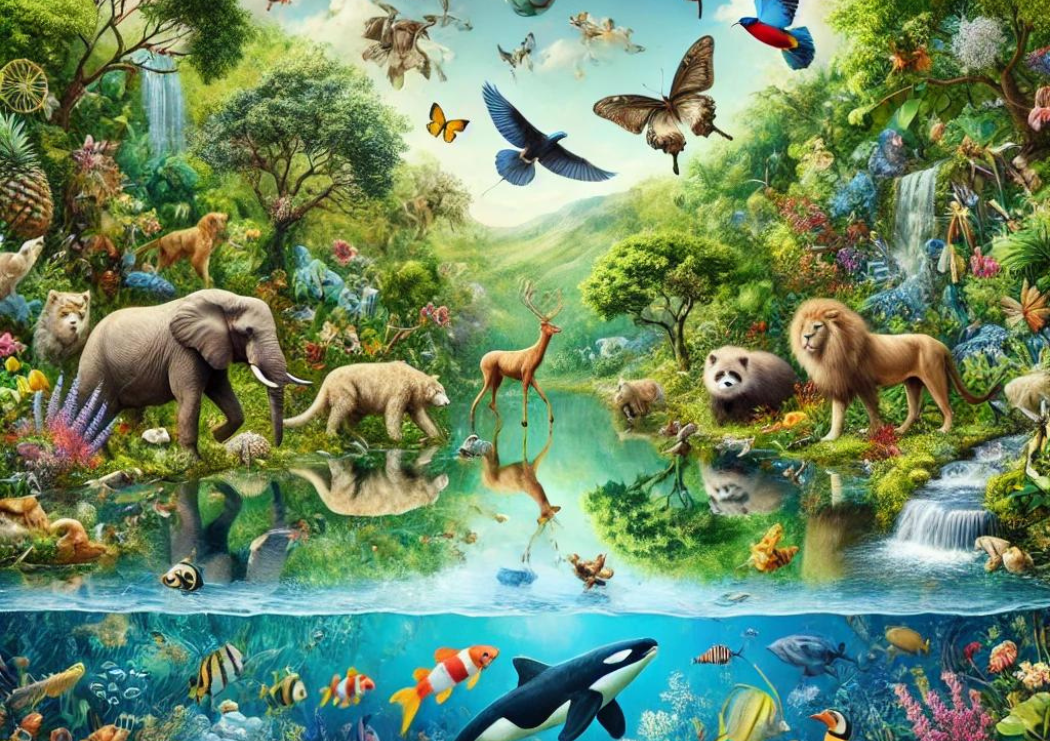
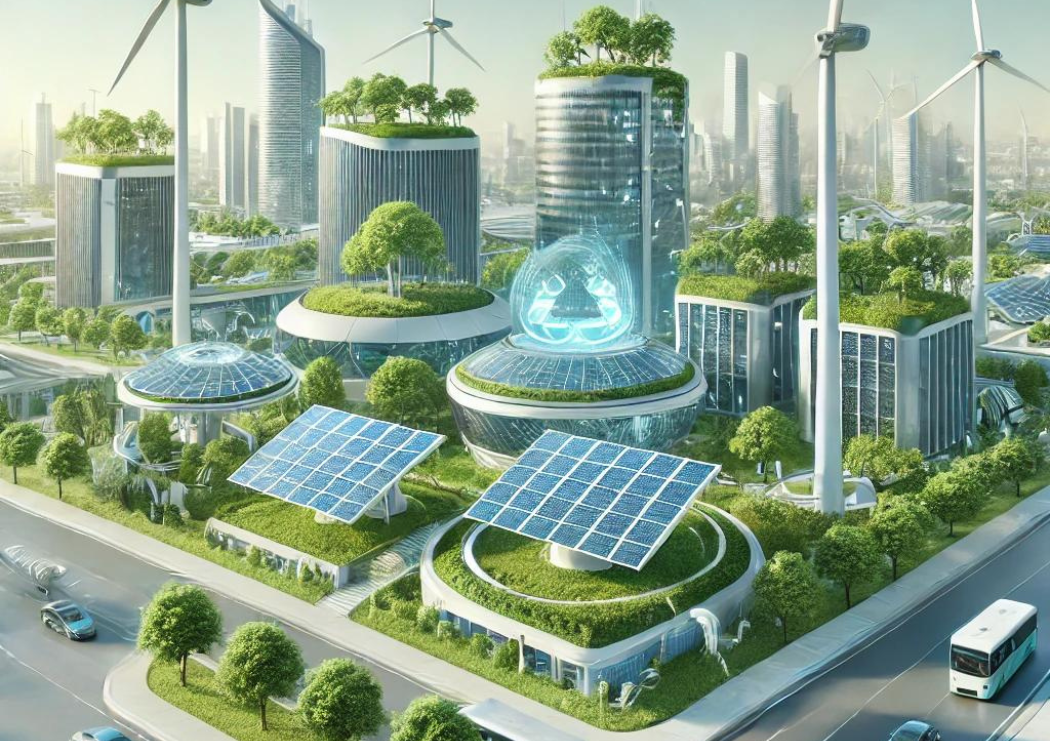


Leave a comment